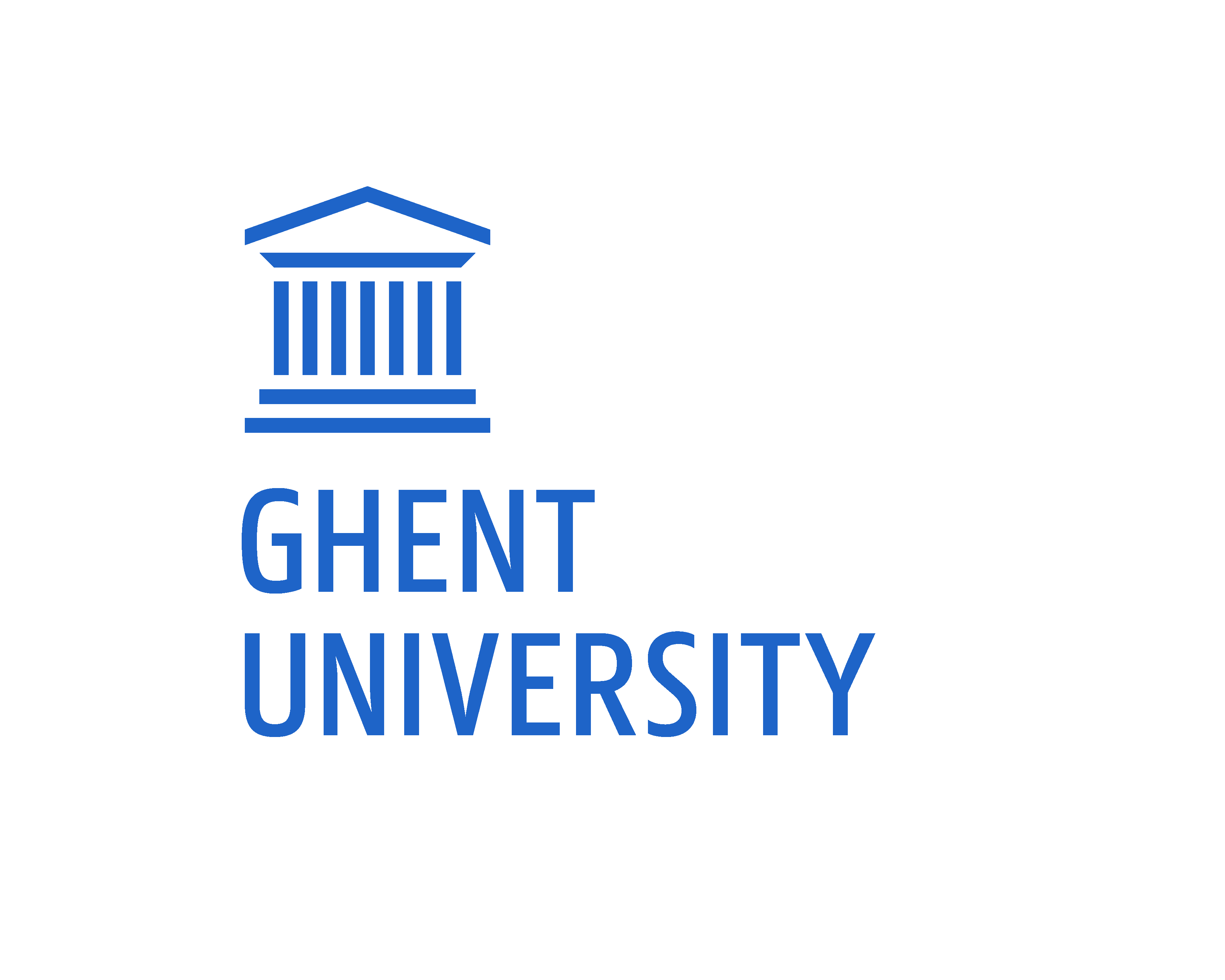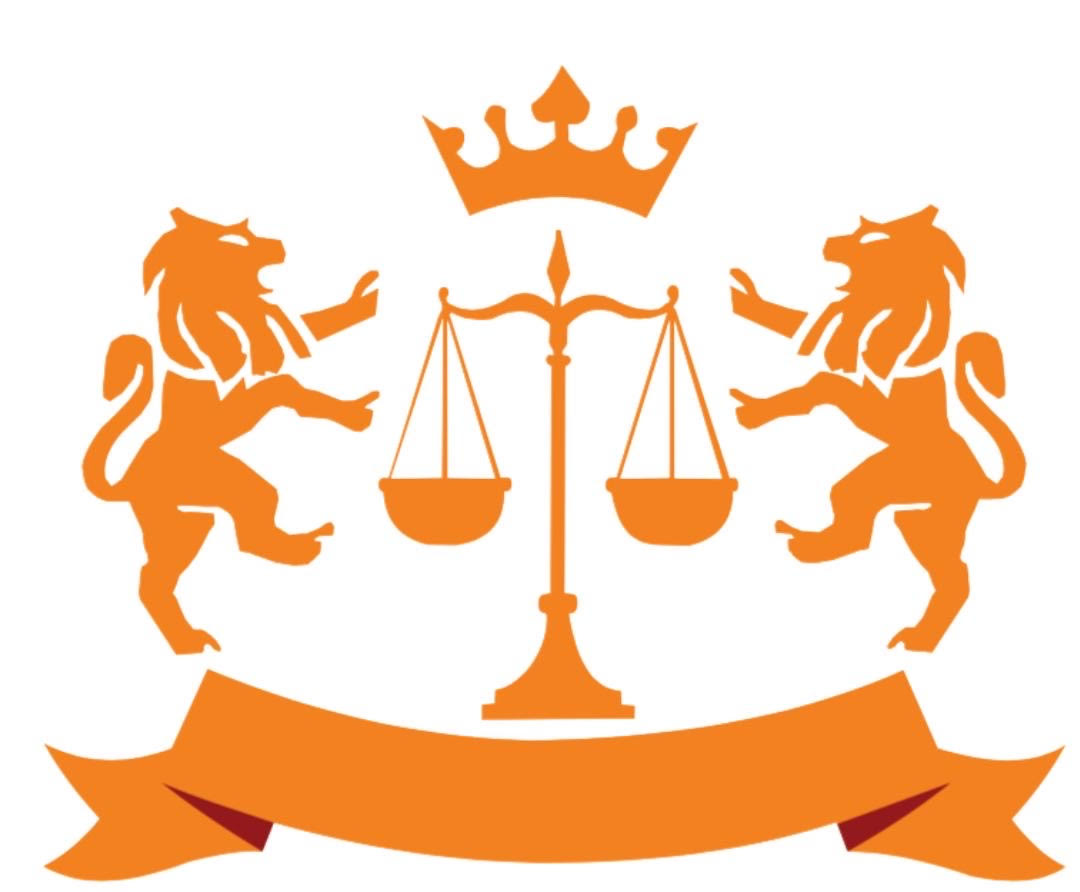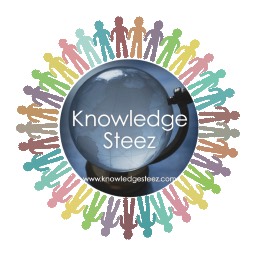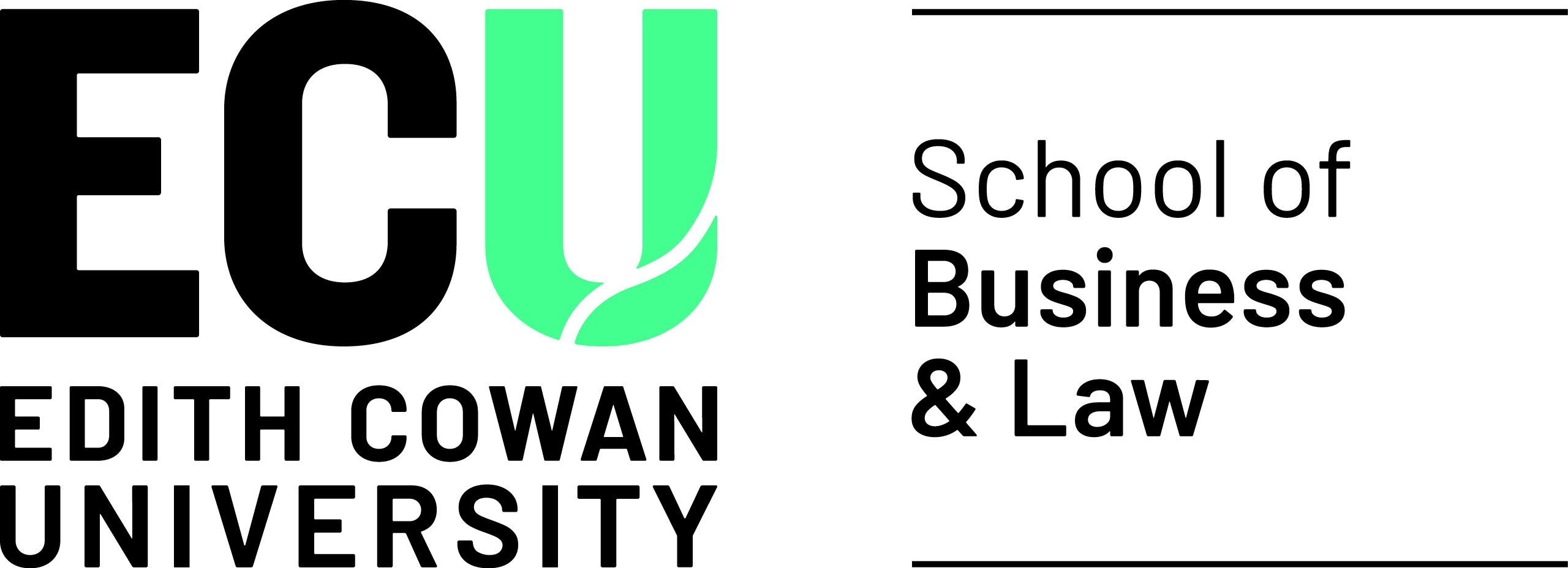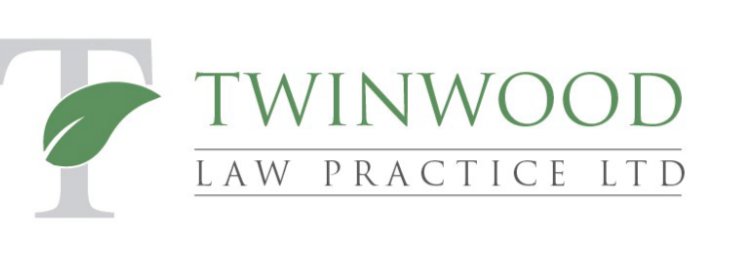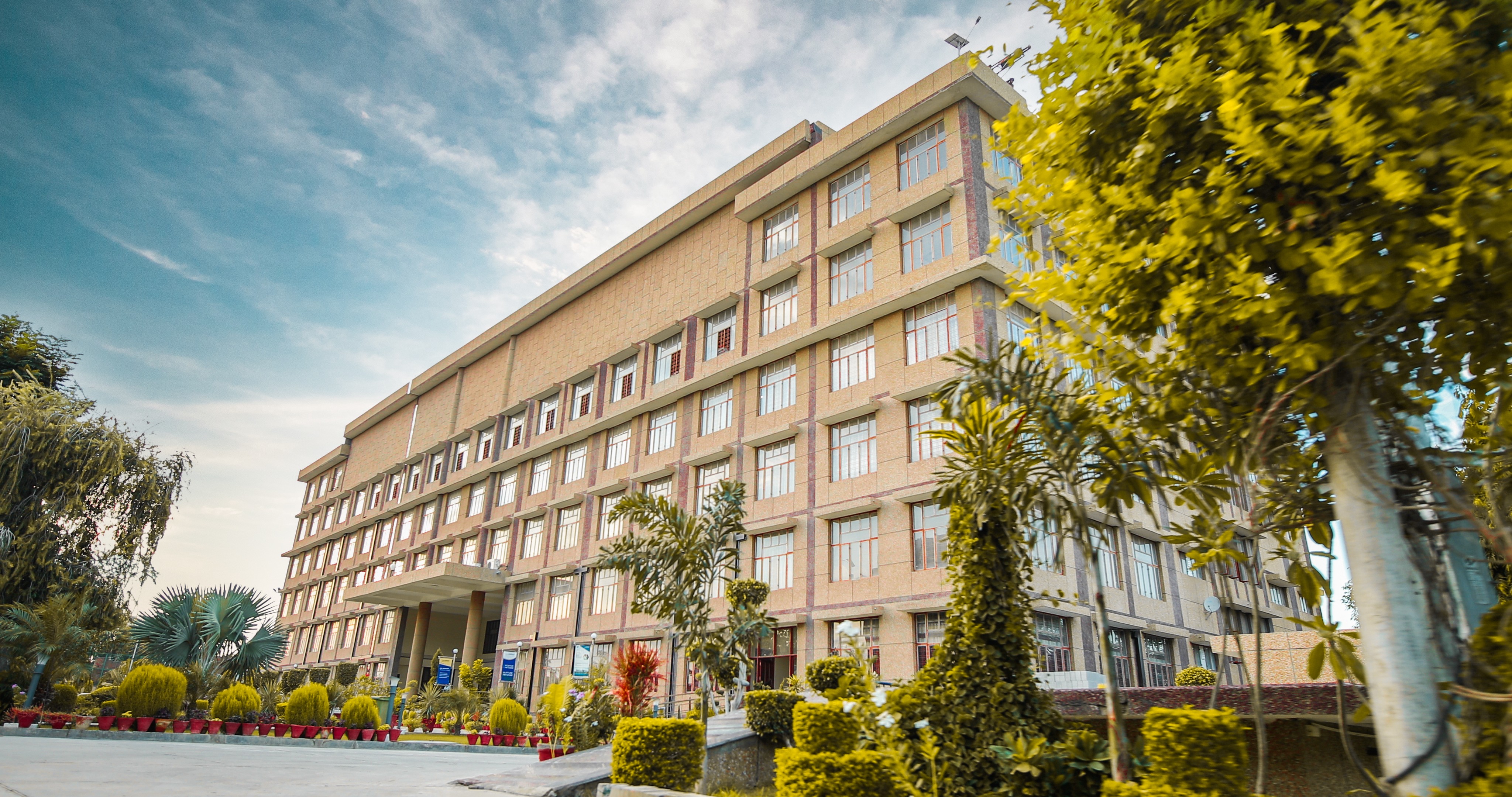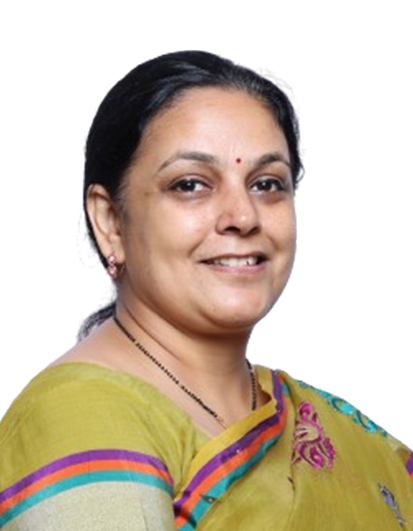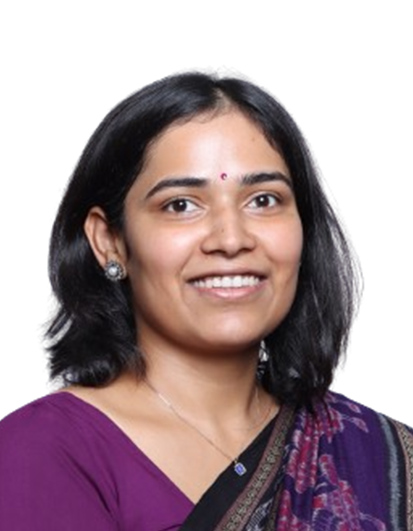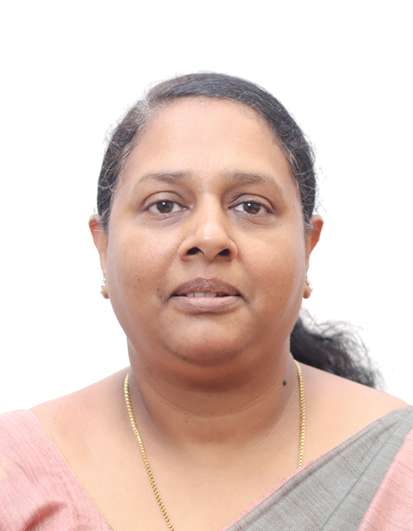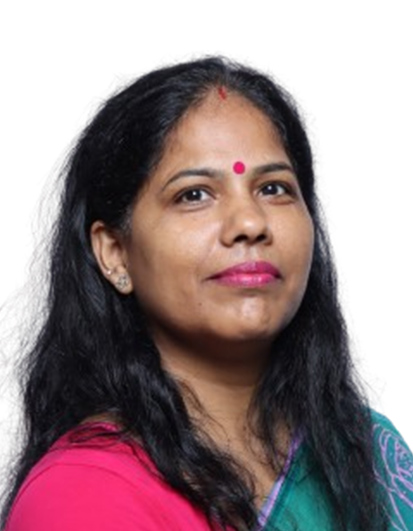
The Sustainable Development Goal 5 (SDG 5) aims to achieve gender equality and empower all women, girls and transgenders, but the gender gap in digital economies remains a significant barrier to inclusive growth. Millions of women worldwide, particularly in low and middle-income countries, are still unable to explore the digital world, limiting their potential for economic growth and innovation. The gender digital divide is rooted in structural and socio-cultural barriers such as reduced access to digital infrastructure, inadequate STEM education, harmful norms, online violence, and structural inequality in decision-making and technology design. To address this issue, a comprehensive strategy is needed that promotes digital literacy and STEM education for women, girls, and gender- diverse individuals, fosters safe and inclusive online spaces, and integrates gender perspectives into digital policy, product design, and governance frameworks. This requires participation from various stakeholders, including educators, technologists, policymakers, legal experts, economists, health professionals, and social scientists.

By fostering strong partnerships, resources and expertise can be pooled to develop and implement comprehensive strategies that address the multifaceted barriers women and gender-diverse individuals face in accessing and thriving in the digital world. A proposed conference will bring together key actors, including policymakers, digital entrepreneurs, researchers, educators, and representatives from international organizations, to discuss policy recommendations and frameworks for digital gender inclusion. The forum seeks to spark international cooperation, foster collective action, and empower individuals of all gender identities to succeed, thrive and lead in the digital world.
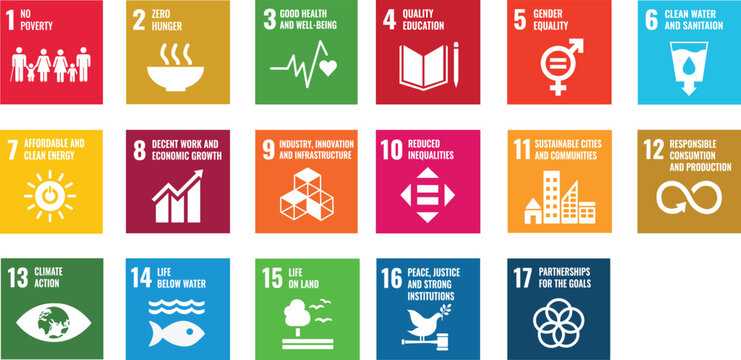
By fostering strong partnerships, resources and expertise can be pooled to develop and implement comprehensive strategies that address the multifaceted barriers women and gender-diverse individuals face in accessing and thriving in the digital world. A proposed conference will bring together key actors, including policymakers, digital entrepreneurs, researchers, educators, and representatives from international organizations, to discuss policy recommendations and frameworks for digital gender inclusion. The forum seeks to spark international cooperation, foster collective action, and empower individuals of all gender identities to succeed, thrive and lead in the digital world.
